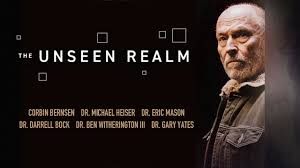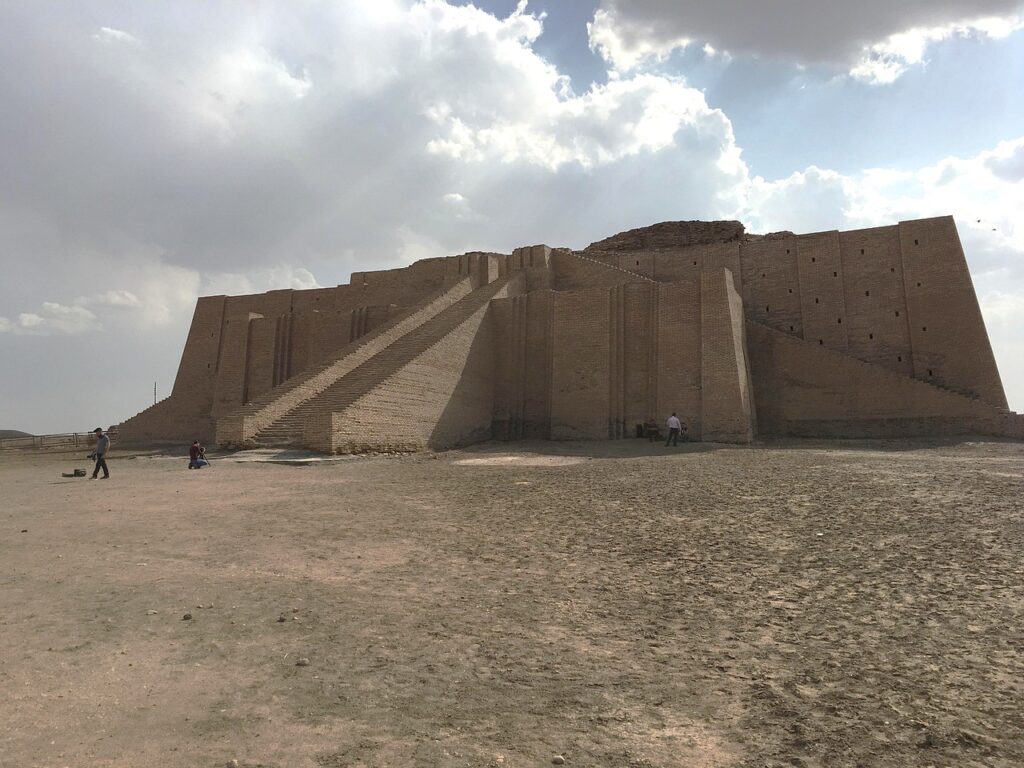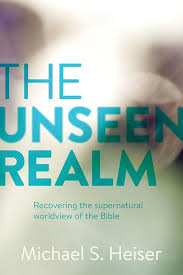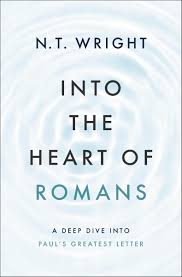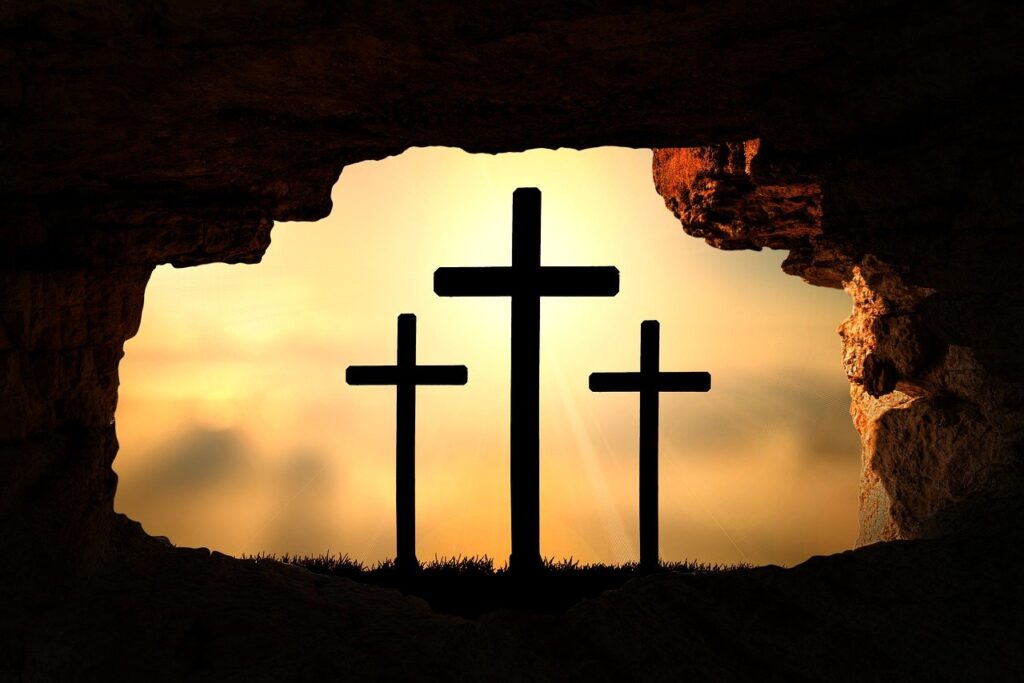The following, adapted from a December 2014 post in AndyUnedited, has become a tradition for me to post each December.
The Christmas story always bothered me.
It never made sense. No, I’m not talking about the virgin birth. Not the angels singing to shepherds. Not the star in the sky. Not the wise men.

No, it was the part about there being no room in the inn. It never made sense. Middle Eastern hospitality is legendary. Strangers, travelers, those in need—you can count on the deeply ingrained culture of showing generosity and graciousness to those who need a meal or a warm bed.
They would never, ever turn away a pregnant woman—especially a couple who were relatives visiting their ancestral home in Bethlehem. Many close and distant relations would have been living or visiting nearby to care for her. Turn them away? Send them to a barn? Never. It wouldn’t happen.
Then what did happen? In Luke 2:7, the Greek word traditionally translated as “inn” is better rendered as “guest room,” which is how the NIV puts it. Middle Eastern peasant homes were one large room though sometimes a guest room or “mother-in-law room” was attached. But since the guest room was already occupied, the owners of the house did the only sensible thing—they vacated the main house and gave it over to Mary’s and Joseph’s use.
The couple would not be alone either. When it came time for the baby to be born, Joseph would wait outside with the men while women in the community would come and assist Mary. Luke didn’t mention the community because his readers would have known that without having to be told.
Then what in the world was a manger (a feed box for animals that Luke mentions) doing inside the house?
The single, main room of such a house typically had two parts: a smaller ground floor level and a larger level raised a couple feet for cooking, eating, and sleeping. Peasants would bring their animals into the lower level of the house at night for two reasons—to keep the animals safe from thieves and to provide warmth for the family sleeping on the upper level when it was cold.
Cut into the floor of the upper level where it meets the lower level was (wait for it) a manger. A place for hay to feed the animals.*
Some years ago I was describing this to a friend, and her eyes got huge. “That’s the kind of house I grew up in!” Her family had been missionaries among peasants in Syria. You can still find such homes there today.
Yes, Jesus was not born in a palace, but neither was he born alone in a barn. He was born in a common home of the people, a home that was opened up to him through a delightful demonstration of hospitality. When we welcome into our lives both family and strangers, the needy and the self-assured, we are living the Christmas story.
For the Christmas story is not one of “no room in the inn.” Rather it is one of wondrous welcome and generosity.
—
Image credit: Ambroz from Pixabay.
*See Kenneth E. Bailey, “The Story of Jesus Birth: Luke 2:1-20” in Jesus Through Middle Eastern Eyes (Downers Grove, IL: IVP Academic, 2008), pp. 25-37.






